Hammer Timing
My weakness for good beginnings
My wife recommended the How I Write podcast, hosted by David Perell. I picked an episode that looked interesting—but when I hit play, I thought something had gone wrong.
There was no catchy theme, no ads for BetterHealth or protein supplements, no patter, no cheery welcome back to the podcast. Perell doesn’t introduce himself or his guest, David Zucker. He just gets into it—this is the very first thing we hear:
Well, you've made some hilarious movies, Airplane, Naked Gun, and what I'm curious about is, like, when you're writing those movies, and you're thinking about, how do I make a good spoof movie? How do I make something funny? What are the mantras, the one-liners, the things that you find yourself repeating the most?
I loved this. It made me think about how much of our time other podcasters waste. I appreciate the respect Perell was showing to his listeners.
We see no-bullshit beginnings elsewhere. Here’s the Wikipedia synopsis for the 1995 movie Species.
… After receiving transmissions from an alien source on how to create limitless fuel and an alien DNA sample with instructions on how to splice it with that of humans, the scientists assume the aliens are friendly. Inspired by the second transmission, a government team led by Xavier Fitch commissions a genetic experiment meant to create a female alien/human hybrid organism under the belief that she would have "more docile and controllable" traits. They eventually produce a girl codenamed "Sil", who initially resembles a normal human and develops into a 12-year-old in three months.
Due to her violent outbursts while she is sleeping, the scientists deem her dangerous and prepare to kill her using cyanide gas, but she breaks out of her containment cell and escapes.
You read this, and you think you know how Species will begin: technicians at dusk receiving mysterious signals, scientists working through the night to translate the message, Xavier Fitch setting up his team, creation of an underground laboratory, blah blah blah until you get to the good stuff.
But the cool thing about Species—the only cool thing; it’s otherwise a perfectly serviceable B-movie—is that it skips all of that. Sixty seconds into the movie, we get to the alien/human hybrid in a glass cage. By the third minute, the chase is on. You can watch it below. We learn the background later on; the filmmakers don’t make us trudge through it.
Maybe I have an unusually low tolerance for boredom. I certainly don’t like to be bored at the beginning of a movie. This is one reason why Mission: Impossible III is my favorite of the series—here’s how it starts.
Same for books. I enjoy biographies, but (for perfectly understandable reasons), they begin with the distant past and work their way up—grandparents, parents, babyhood, and so on. You have to read a lot (or skip a lot) before you get to the good stuff, like how the subject of the biography loses their virginity, how much money they made, and who they feuded with.
The best biographers are aware of this problem and work around it. While the first chapter of David Edmonds’ biography of Derek Parfit is the usual family tree stuff, the Preface begins with something far more interesting.
‘What do you do?’ the American nurse asked the Englishman, Derek Parfit. It was the autumn of 2014 and the philosopher was hospitalized in New Jersey. He was in a terrible state—having nearly died when his lungs packed up after a bout of violent coughing. He looked exhausted and showing every one of his seventy-one years. He could barely speak. A succession of concerned visitors had been in to visit the white-haired patient, and the nurse was intrigued.
‘I work’, he replied, in a raspy voice, ‘on what matters’.
The title of this post is an homage to Mike Hammer, the detective invented by Mickey Spillane. Spillane’s books begin well. This is the start of Vengeance is Mine.
A good beginning doesn’t have to be violent. Here’s the start of Zadie Smith’s On Beauty.
It’s always interesting to read someone else’s emails, and “I’m no longer expecting you to reply” is a beautiful hook of a line.
If you check out Elmore Leonard’s Ten Rules for Writers, you’ll see that the first two have to do with starting strong:
1 Never open a book with weather. If it's only to create atmosphere, and not a character's reaction to the weather, you don't want to go on too long. The reader is apt to leaf ahead looking for people. …
2 Avoid prologues: they can be annoying. …
And here’s the last one.
10 Try to leave out the part that readers tend to skip. Think of what you skip reading a novel: thick paragraphs of prose you can see have too many words in them.1
You might need to include boring parts, or at least parts that are more boring than the rest, but if you do, please don’t place them at the beginning. Not for a book, and not for a podcast, a movie, or a Substack post.
I have thoughts about endings, too. The most important thing is not to drag them out.


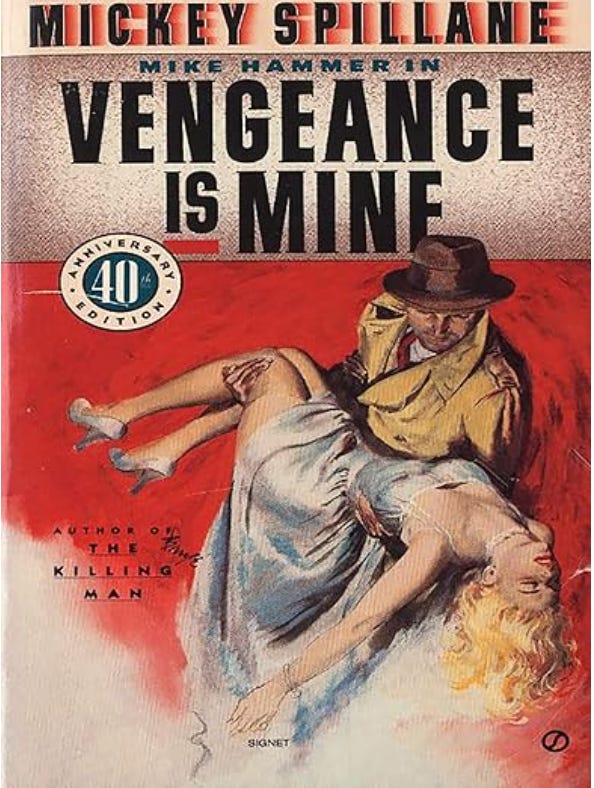
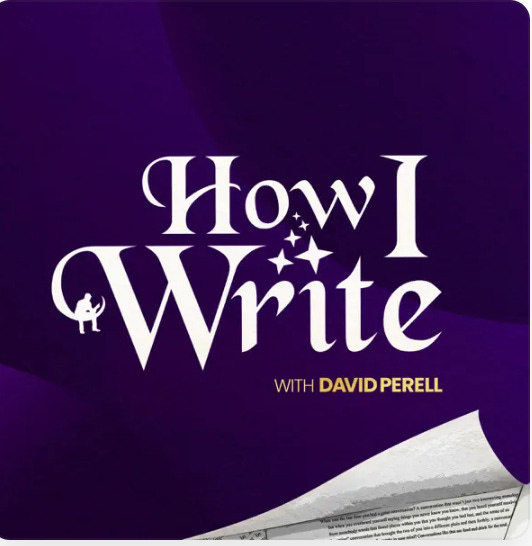
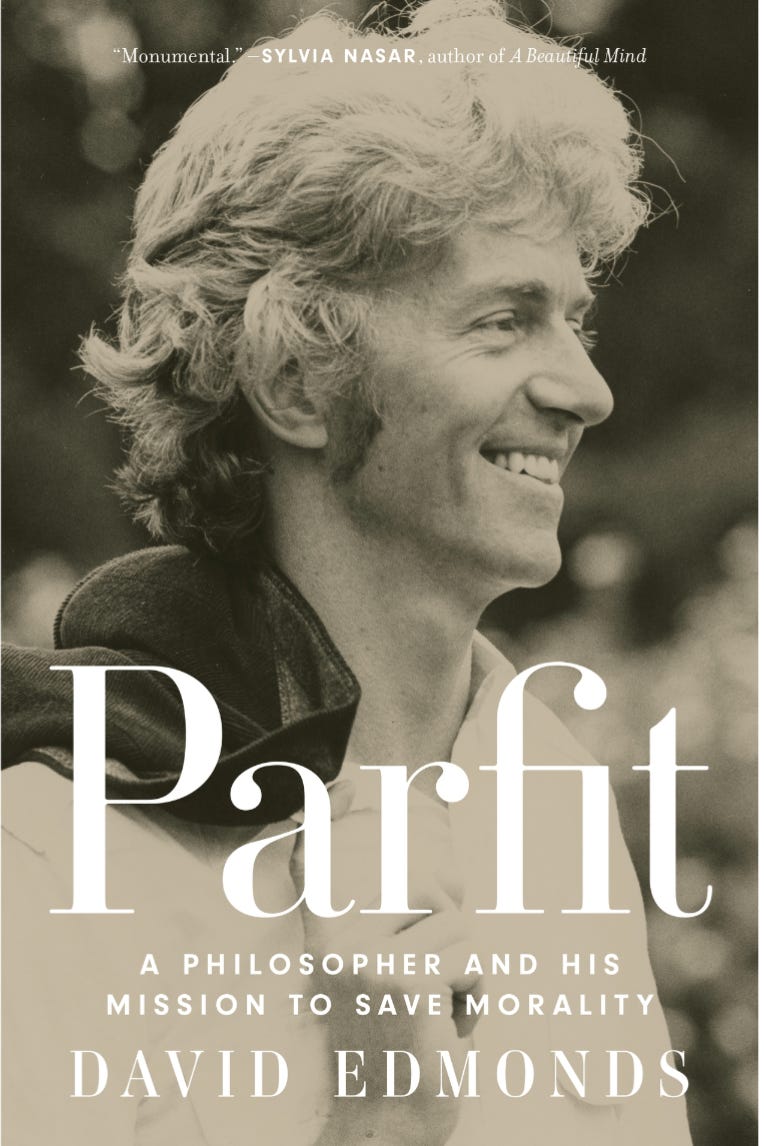
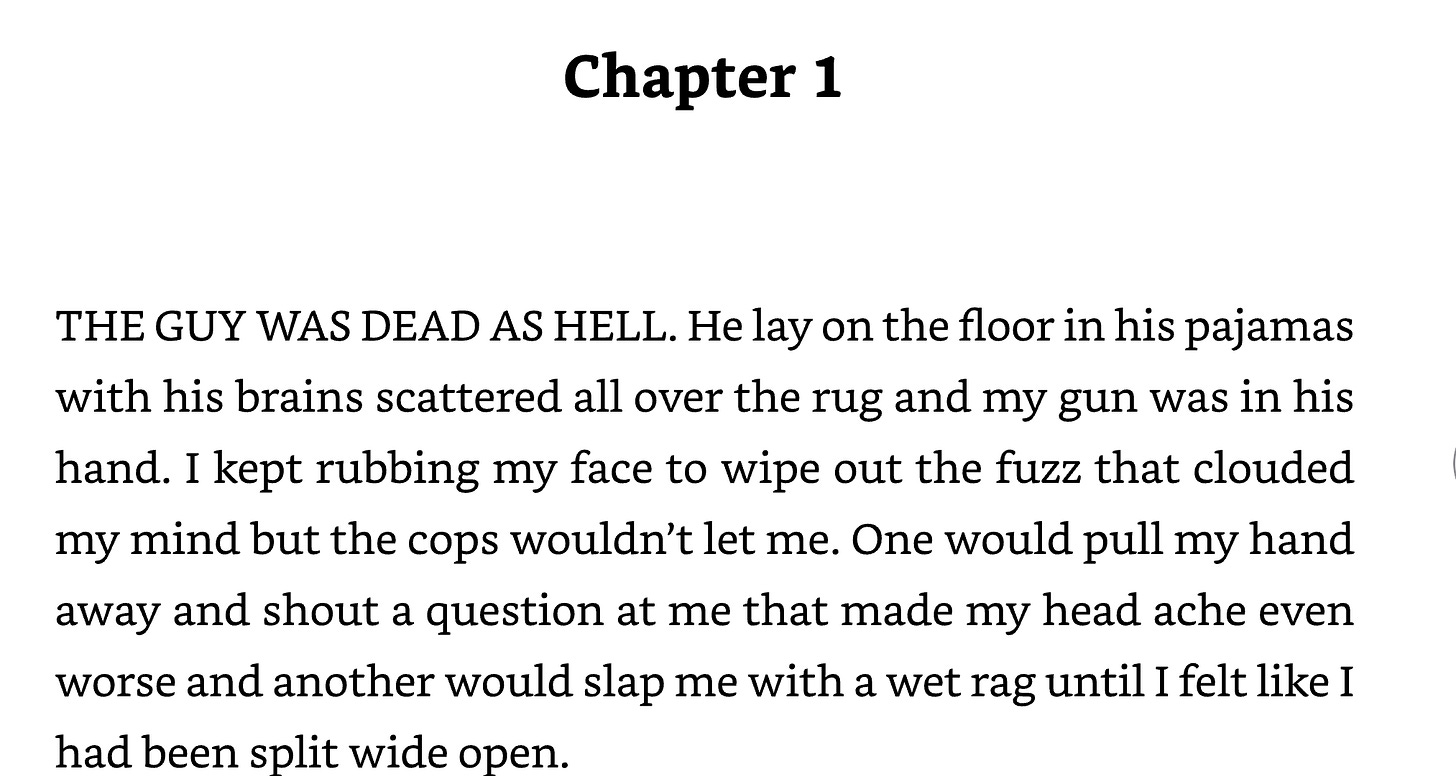
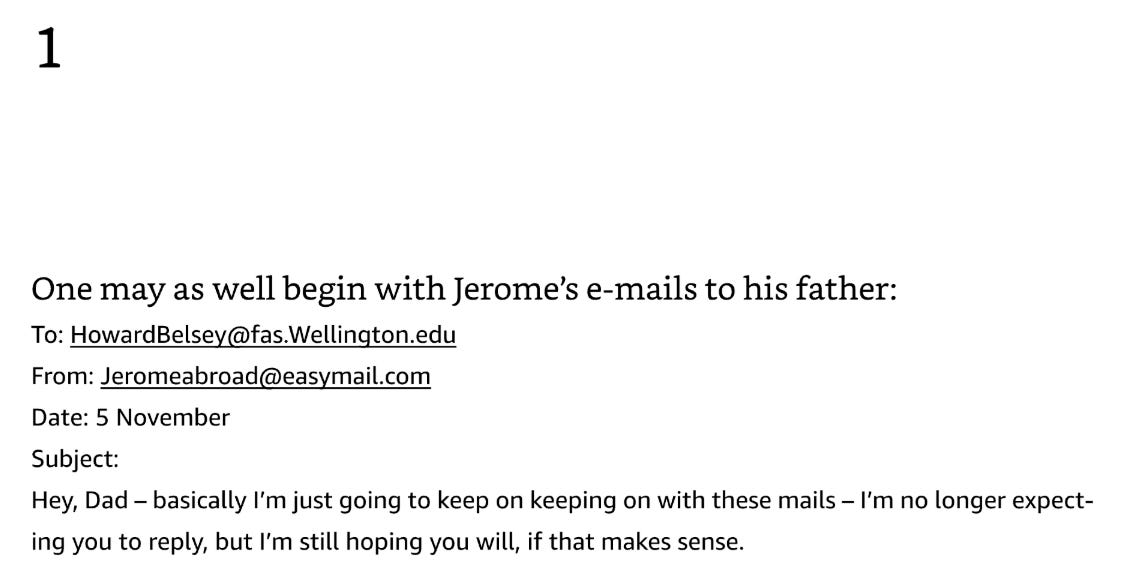
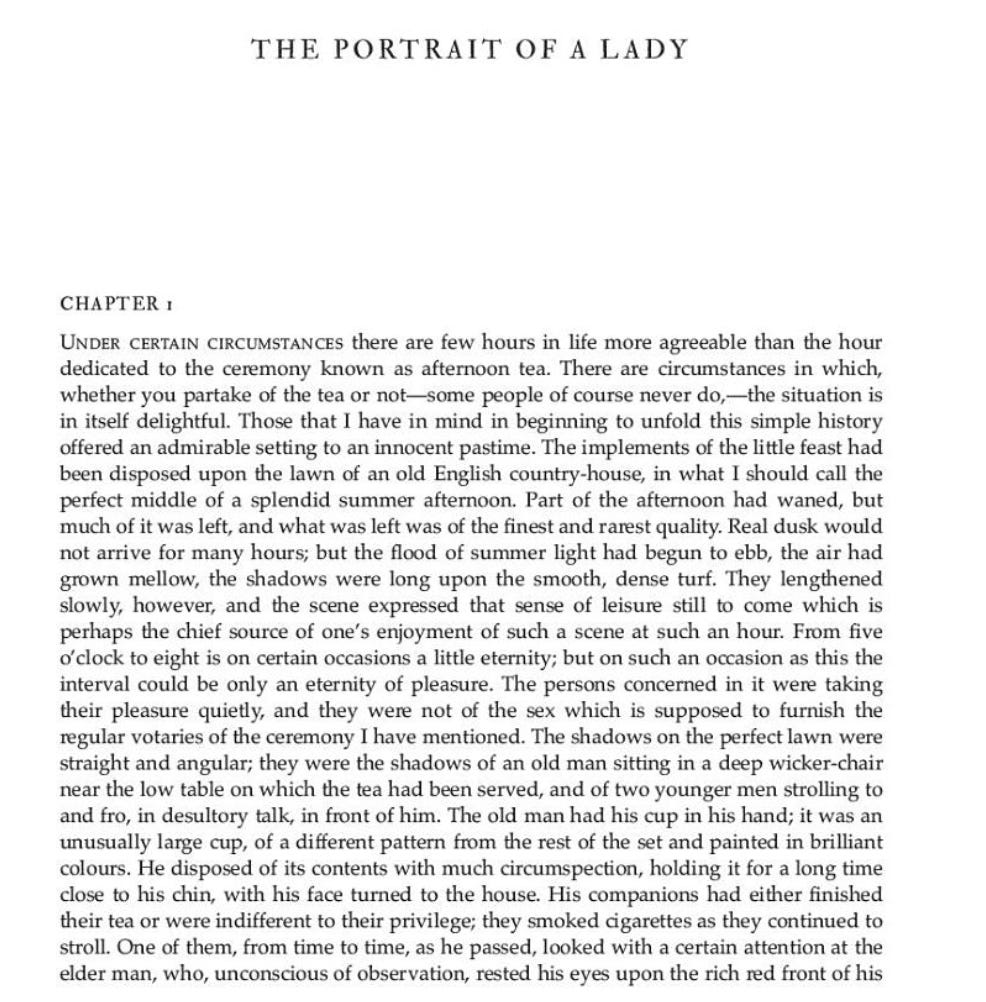
I agree with your ideas on how the beginning of a book or movie should be crafted because when I was younger, I used to skip on the introductions and prologues of books I read, fiction or nonfiction. Nowadays, as long as it’s not too dragging, I’m fine with any type of “hook” authors use in the beginning.
That said, I think there can be exceptions made to the ten rules mentioned above, because even if you write something out as if they’re plain on first look, there can be content that looks simple but is actually intriguing or even disturbing. For example, I like the beginning of George Orwell’s 1984: “It was a bright cold day in April, and the clocks were striking thirteen.” It looks like a typical exposition but it actually gives us an irony, making a contrast between the tranquil weather and the dystopian setting mentioned later. It also gives us a sense of unease with the clock striking thirteen, a typically considered unlucky number.
Great post, as usual. It should be noted that the first sentence of "On Beauty" is an homage to the first sentence of EM Forster's "Howards End": "One may as well begin with Helen's letters to her sister."
And having put down Henry James, I hope you'll do penance in a future post by mentioning that James's endings were among the greatest in the history of the novel, along with those of James Joyce, Virginia Woolf, and Philip Roth. (See, for example, "The Bostonians" and "Washington Square.")